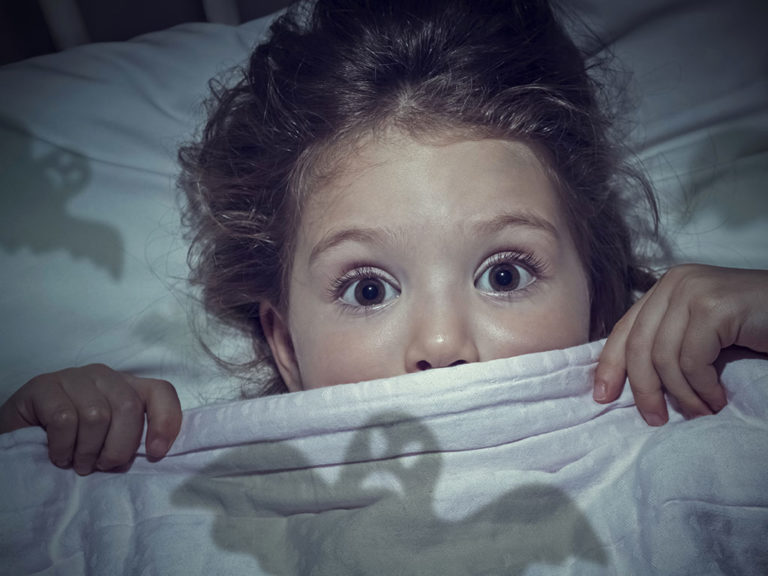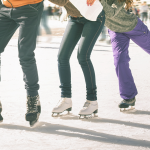Adult Children Of Alcoholics Have Deep-Seated Fear In Common
Why is fear such a common bond among adult children of alcoholics? More importantly, how do we overcome the terror of so many things that stalk us throughout life?
Adult Children Of Alcoholics: Here Are Safe Fears
Heights, spiders, tight spaces – they all make me break out in a sweat. Most people would run away from a tarantula-filled glass elevator. Also easy to understand are fears relating to my younger brother, Ricky, who struggles with alcohol use disorder (AUD) and being bi-polar. There are many aspects of his behavior to fear.
I’m often afraid:
- That he will start drinking again…
- That I’ll become an alcoholic …
- Of saying the word “Whiskey” around Ricky
- Of planning a family celebration near a bar
Other fears I have are also common among family members of substance users. Before Ricky went to rehab, I was afraid he would call me in the middle of the night to telling me he’s killed someone.
Even that fear is something I’m comfortable sharing because it’s not about me. It doesn’t make me vulnerable.
Adult Children Of Alcoholics: More Fears That May Arise From My Past
Last week, I woke up from a horrible nightmare in which my husband, Peter, was leaving me for another woman. The dream was so real that I was bothered by it for most of the day. This nightmare made me realize that Peter’s leaving me is secretly one of my greatest fears. It controls what I say and how I say it to Peter. I feel as if I am walking on eggshells. Is fear of rejection and abandonment normal?
As a kid, I was afraid of everything – the dark, coyotes, being yelled at, being spanked, and getting kidnapped. I would lay awake at night reading my Bible, too scared to leave my room and ask for help. I just thought this was part of being a kid. What are normal fears for healthy adults?
Adult Children Of Alcoholics:The Benefits of Fear In Active Addiction
Addiction in my childhood taught me that I had to be good all the time so as not to upset the dangerous people in my life. It made me a people pleaser, not a me pleaser. As a grown-up, I’m learning that being co-dependent as a default way of behaving has given me a false sense of safety. I can’t really control other people’s behavior. Old habits of mine that have nothing to do with the present, like letting Peter pick the restaurant every time so he won’t be upset, gives me an ongoing excuse to be play the victim. Making sure Ricky isn’t tempted to drink gives me the idea I have some control over this disease.
What Can I Do About My Fears As Adult Children Of Alcoholics
Now that I am aware of my fear, where it comes from, and associated behaviors, I have some decisions to make. Am I latching on to this unhealthy tendency because I don’t know how to voice my needs and wants? Am I using my past’s alcohol-induced childhood as a crutch for letting other’s wants and needs come first? Most importantly, will I do something different? Can I do something different. Can I stop being afraid of being me?
Facing My Fears As Adult Children Of Alcoholics
Several months ago, I walked across a bridge in a 5K race supporting Breast Cancer Awareness. Up until that moment, crossing bridges had been another one of my fears. That day my breath was shallow; my eyes focused only on the friend who was with me; and I walked as far from the edge as possible. I didn’t like it, but I made it. Facing that fear gave me a sense of power and confidence that perhaps I could face other fears.
Facing realistic fears can make you learn more, accept what’s happening and take action. Understanding fear can give you a sense of empowerment and gratitude. Check out Nacoa
This Is How To Stop An Argument Cold
Unrequited Love When Family Members Dislike You
3 Tips To Calm Mom’s Codependent Relationship Woes
5 Steps to Healing After Divorce





















